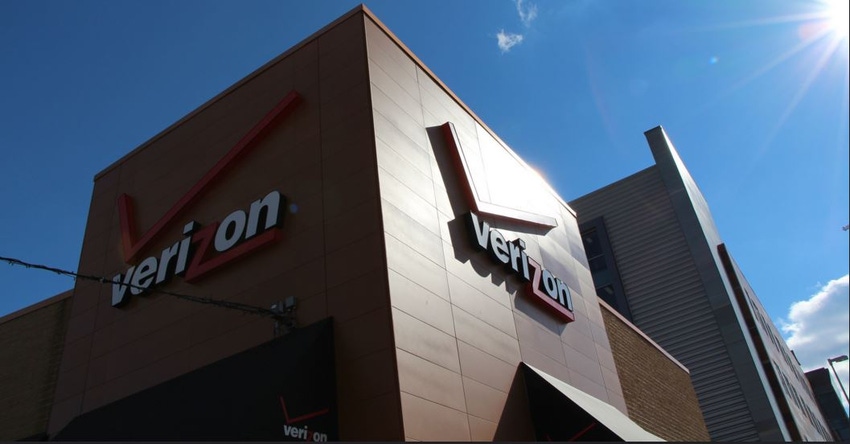A group of US states has warned that Verizon's proposed acquisition of Tracfone could affect the ability of American consumers to access low-cost mobile phone services.
February 8, 2021

A group of US states has warned that Verizon’s proposed acquisition of Tracfone could affect the ability of American consumers to access low-cost mobile phone services.
Led by Virginia Attorney General Mark Herring, a group of 17 Attorneys General has written to the FCC to urge further action on the Verizon/Tracfone deal.
Verizon agreed to pay US$6.9 billion in cash and stock for Tracfone, the America Movil-owned MVNO that already piggybacks on its network in some areas, in September. Tracfone is a fairly sizeable player in the US with a customer base of around 21 million, many of whom are low-income users or people looking for a low-cost option for mobile service.
“We, the undersigned Attorneys General, write to urge you to request additional information from Verizon and TracFone in order to adequately review the impacts of this proposed acquisition. The Federal Communications Commission (FCC) rightly denied the Applicants’ attempt to streamline the application process; however, the Applicants have failed to answer numerous legitimate consumer protection and equity issues since their initial application,” the letter reads.
“The FCC should examine whether the acquisition of TracFone by Verizon could significantly reduce millions of Americans’ access to affordable communications services. It is imperative that the FCC thoroughly vet the proposed transaction and impose specific conditions that protect and ensure the public interest before considering approval,” the Attorneys General insist.
The letter highlights the Lifeline programme in particular, a US government scheme that provides affordable phone and broadband services for low-income customers. Lifeline is offered through the telcos, which pick up a monthly subsidy per customer from the government.
Tracfone is one of the biggest Lifeline providers, offering the service to around 1.7 million low-income users in 43 states and Washington DC, the Attorneys General note. Conversely, Verizon only offers mobile services through Lifeline and only in parts of four states.
“The potential for Verizon to pursue additional profits by reducing the access and/or quality of Lifeline services could shut out millions of low-income Americans from adequate communications services,” the letter warns.
Verizon has addressed the issue, but it chose its words carefully.
Verizon “will continue to offer Lifeline service through TracFone and further develop its core brands, products and distribution channels. Strengthening and growing TracFone will benefit value-conscious consumers,” the telco told Reuterslate last week.
Unsurprisingly, there are no specifics: continuing to offer Lifeline through Tracfone could mean in one town in one state, or in many.
Tracfone is certainly an asset to Verizon in the low-cost end of the market. As Verizon’s consumer group chief executive put it when the acquisition was announced, “this transaction firmly establishes Verizon, through the Tracfone brands, as the provider of choice in the value segment.”
But the telco also talked about the synergies it expects to derive from the deal and its plans to offer both 4G and 5G services through Tracfone.
It’s clear to see why some states are worried.
“We urge the FCC to adopt specific conditions that protect the ability of Lifeline customers to use that vital service and protect customers in the Mobile Virtual Network Operator (MVNO) marketplace,” the Attorneys General said. “These conditions include, but are not limited to, a commitment by Verizon to provide Lifeline services to customers at an affordable rate and at a quality that is commensurate with modern standards or require that Verizon offer for a period of years, Lifeline service packages that are at least commensurate with, if not more consumer friendly than, TracFone’s existing lowest-cost Lifeline packages.”
Verizon and Tracfone have made various commitments around Lifeline in order to push their merger through, but it seems the FCC could ask for more. There will be more legal and regulatory hurdles to clear before this deal gets the green light.
About the Author(s)
You May Also Like








.png?width=300&auto=webp&quality=80&disable=upscale)


_1.jpg?width=300&auto=webp&quality=80&disable=upscale)


.png?width=800&auto=webp&quality=80&disable=upscale)